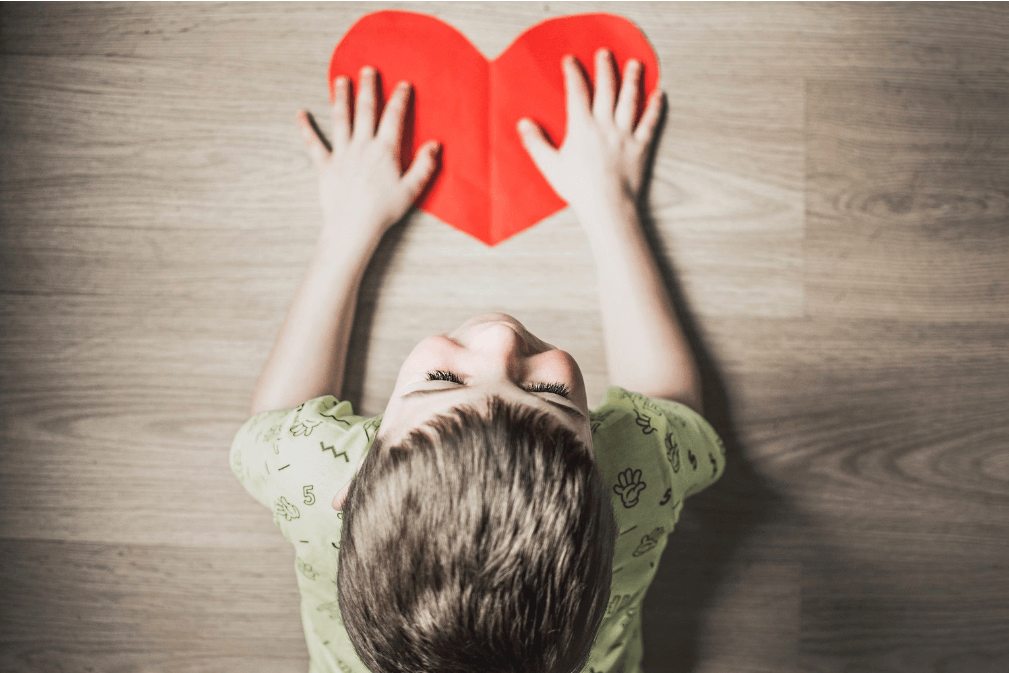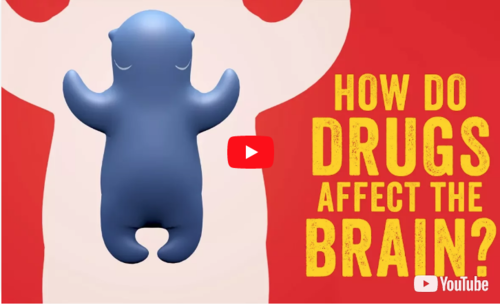You and Your Crew – World Autism Day
To boost the awareness of Autism around Australia and around the world on World Autism Day, join Autism Awareness Australia in showing support and love for those affected by ASD. Send in photos of your crew with #OurAutismCrew to get involved!
Neuroplasticity Chronic Pain Treatment Workshop By The Perth Brain Centre
November marks Perinatal Anxiety & Depression Australia (PANDA) Week. PANDA, now in it’s 18th year, is all about supporting the mental and emotional wellbeing of expecting and new parents.
Small Actions Big Difference, Dementia Australia, 2018.
Dementia Awareness Month is Dementia Australia’s national awareness-raising campaign held every year throughout September.
Its aim is to encourage all Australians to become more aware of dementia, to get a better understanding of what it is like to live with dementia and how we can support people living with dementia.
This year’s theme is Small actions Big difference.
There are many small actions people can take to create a big difference for people impacted by dementia, their families and carers.
There are many ways to get involved in Dementia Awareness Month.
Growing Evidence Of Brain Plasticity - Michael Merzenich
Neuroscientist Michael Merzenich looks at one of the secrets of the brain's incredible power: its ability to actively re-wire itself. He's researching ways to harness the brain's plasticity to enhance our skills and recover lost function.
This talk was presented at an official TED conference, and was featured by our editors on the home page.
Successful Ageing & Your Brain
We all know people who seem to blossom after 50, or stay sharp into old age. What can we learn from them? Find out what steps you can take to improve your brain fitness, regardless of your age.
How spontaneous brain activity keeps you alive - Nathan S. Jacobs
The wheels in your brain are constantly turning, even when you're asleep or not paying attention. In fact, most of your brain’s activities are ones you’d never be aware of … unless they suddenly stopped. Nathan S. Jacobs takes us inside the always active, surprisingly spontaneous brain.
How do drugs affect the brain? - Sara Garofalo
Most people will take a pill, receive an injection, or otherwise take some kind of medicine during their lives. But most of us don’t know anything about how these substances actually work. How can various compounds impact the way we physically feel, think, and even behave? Sara Garofalo explains how some drugs can alter the communication between cells in the brain.
How the food you eat affects your brain - Mia Nacamulli
When it comes to what you bite, chew and swallow, your choices have a direct and long-lasting effect on the most powerful organ in your body: your brain. So which foods cause you to feel so tired after lunch? Or so restless at night? Mia Nacamulli takes you into the brain to find out.
How sugar affects the brain - Nicole Avena
When you eat something loaded with sugar, your taste buds, your gut and your brain all take notice. This activation of your reward system is not unlike how bodies process addictive substances such as alcohol or nicotine -- an overload of sugar spikes the number of signals being transmitted in the brain and leaves you craving more. Nicole Avena explains why sweets and treats should be enjoyed in moderation.
What percentage of your brain do you use? - International Brain Awareness Week
Two thirds of the population believes a myth that has been propagated for over a century: that we use only 10% of our brains. Hardly! Our neuron-dense brains have evolved to use the least amount of energy while carrying the most information possible -- a feat that requires the entire brain. Richard E. Cytowic debunks this neurological myth (and explains why we aren’t so good at multitasking).
Zooming In On The Human Brain - International Brain Awareness Week
This amazing video from The Allen Institute for Brain Research (<link to https://www.alleninstitute.org/what-we-do/brain-science/ > takes us a visually stunning view of the brain, all the way from the outside to the the tiniest cells (and smaller still) on the inside: https://youtu.be/Zj3RxtJ_Ljc
Keeping Our Brains Young & Active- International Brain Awareness Week
The Global Council on Brain Health (GCBH) is an independent collaborative of scientists, health professionals, scholars and policy experts from around the world working in areas of brain health related to human cognition. The GCBH focuses on brain health relating to peoples’ ability to think and reason as they age, including aspects of memory, perception and judgment. The GCBH is convened by AARP with support from Age UK to offer the best possible advice about what older adults can do to maintain and improve their brain health. GCBH members come together to discuss specific lifestyle issue areas that may impact peoples’ brain health as they age with the goal of providing evidence-based recommendations for people to consider incorporating into their lives.
What is Neuroplasticity? - International Brain Awareness Week
This week is the start of International Brain Awareness Ween 2018 ! Brain Awareness Week (BAW) is the global campaign to increase public awareness of the progress and benefits of brain research, and the “brain-child” of The DANA Foundation (www.dana.org). The Perth Brain Centre is proud to be an official partner of International Brain Awareness Week 2018, and every day we will be sharing some of the amazing benefits of brain research.
Brain Awareness Week - Are you looking after your brain?
International Brain Awareness Week (BAW) is the global campaign to increase public awareness about the progress and benefits of brain research. The Perth Brain Centre is an official partner of International Brain Awareness Week, which starts on the 12 March this year.
Feel Good February - Part 4 - Science of Happiness Course
Last year Australia was ranked the 9th Happiest Nation in the world (according to The World Happiness Report), 5 places above The United States, and just below New Zealand. This is a great result, but probably most us don’t always feeling as happy as we would like to be.
Feel Good February - Part 3 - Therapeutic Lifestyle Change
Therapeutic Lifestyle Change (or TLC as we like to call it), is a lifestyle treatment for depression and staying happy that was developed by Dr. Stephen Ilardi, Associate Professor at The University of Kansas. TLC recognises that “We were never designed for the sedentary, indoor, sleep-deprived, socially-isolated, fast-food-laden, frenetic pace of modern life”, and provides a simple solution to combat today’s modern lifestyle based upon research and practical advice. So take a few minutes to watch this great video so you can make tomorrow a better day and don’t forget to spread some happiness and share this with other people you know.
Feel Good February - Part 2 - Happify App
Created by a team of scientists and game designers, Happify empowers you to build skills for a happier, more fulfilling life through science-based activities and games. http://www.happify.com
What are the Signs of Postnatal Depression?
What are the signs of postnatal depression?
Being a mum is a real emotional rollercoaster and there can be lots of highs and lows. But if you’re finding that it’s all lows without highs that could be a sign you’ve got postnatal depression. It’s a terrible illness and can affect absolutely anyone and it really spoils the enjoyment of having a baby and at least one in ten mothers will suffer from it.
Tinnitus Awareness Week - February 5 2018
Tinnitus (often described as “ringing in the ears”) affects 1 in 10 Australians and can range from mildly annoying to highly distressing. Successful management varies depending on the underlying cause and can include everything from brain-based therapies to hearing aids, medication and stress-reducing strategies to name a few. Mark Tinnitus Awareness Week by learning how you can prevent tinnitus and sharing this important information with others. Watch is: https://youtu.be/LQmWfgfNIeM and for further information see: http://www.tinnitusaustralia.org.au/
Feel Good February - Part 1 - The Number One factor in life that determines our health and happiness
This month celebrates “Feel Good February”, an initiative created to inspire people to initiate random acts of kindness. These days there we are all often exposed to a lot of negative news and events and The Neuroknowledge would like to support “Feel good Feb” by spreading some happiness throughout this month and sharing some of the resources we provide to our readers to help everyone feel better.




















